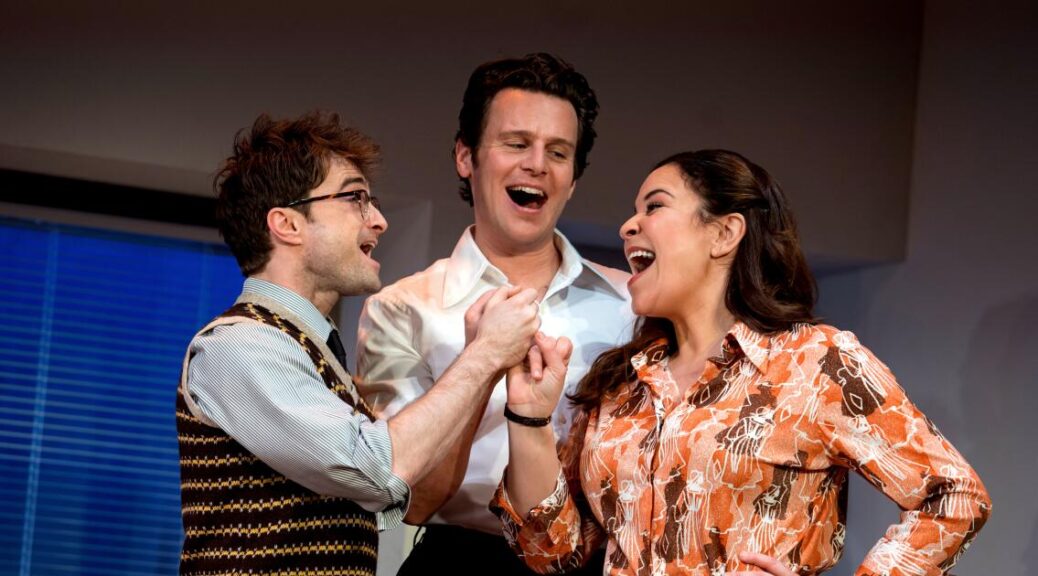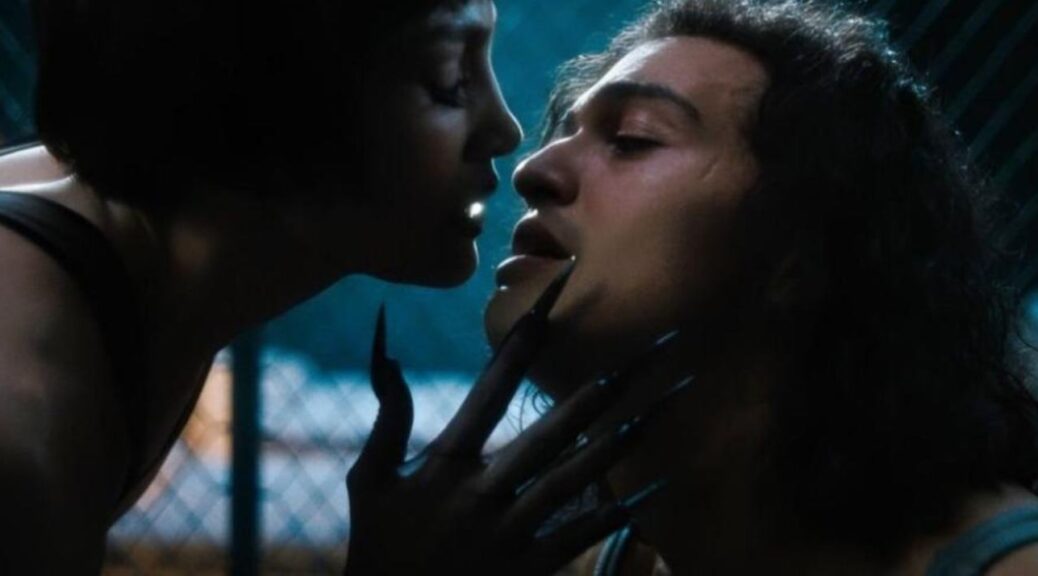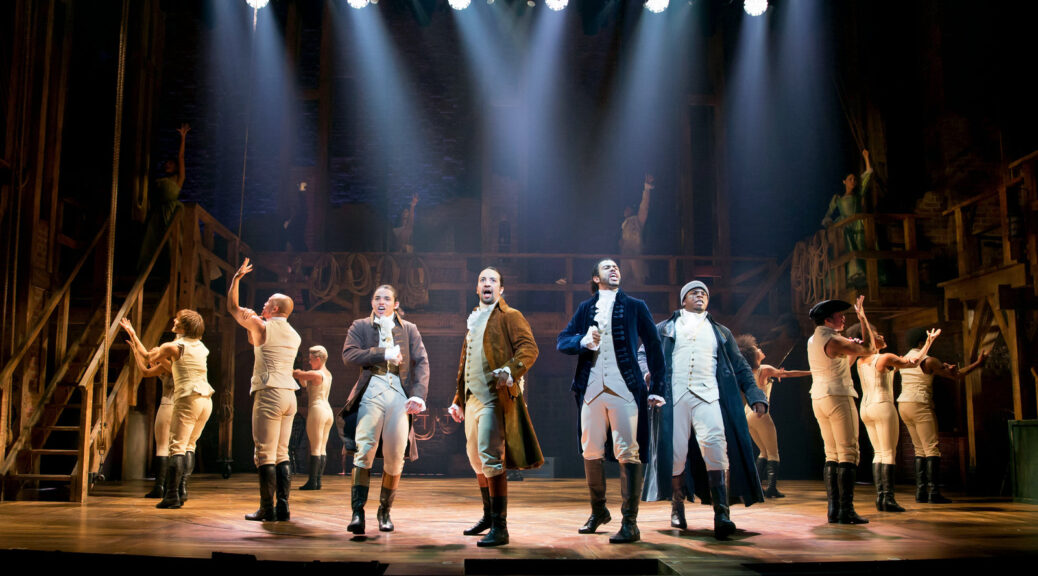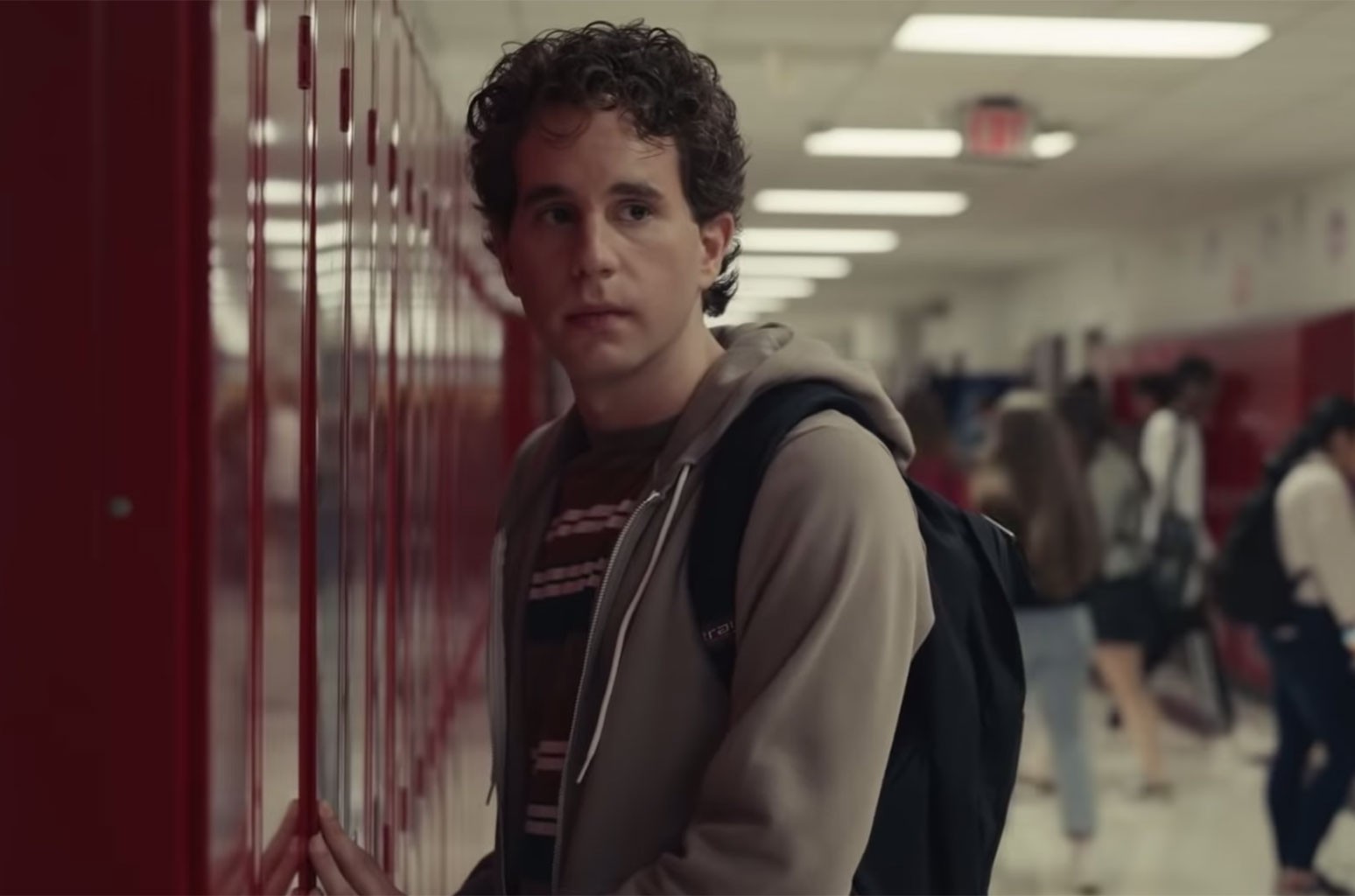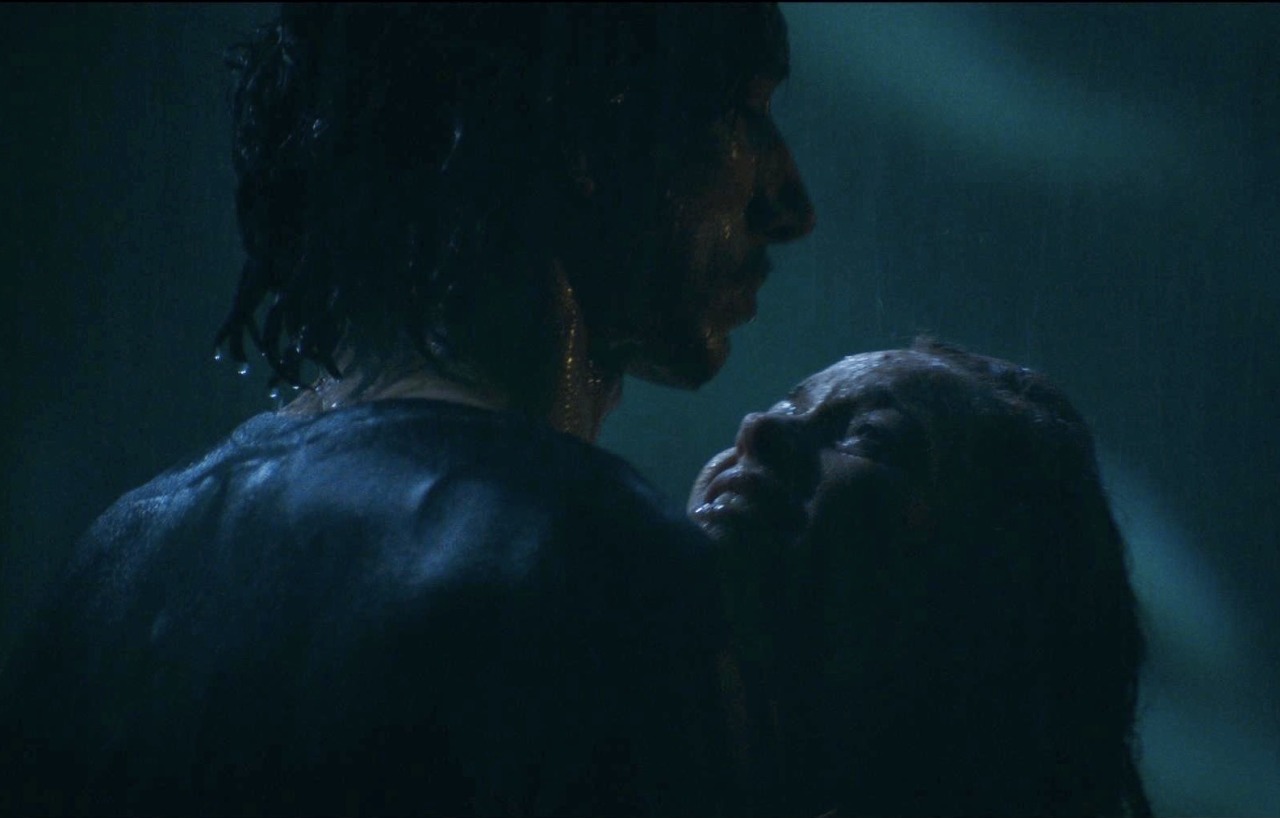Merrily We Roll Along
by George Wolf
Stephen Sondheim’s Merrily We Rolling Along may have taken a while to attain beloved musical status, but it’s certainly getting the flowers now.
Closing just 16 performances after its 1981 Broadway premiere, the show got various rewrites and new stagings over the years, a 2016 documentary on the original production, and finally a Tony award-winning revival in 2023.
And while fans wait for Richard Linklater’s adaptation, which is being filmed over the course of twenty years, director Maria Friedman delivers a film pro shot of a June 2024 performance at New York’s Hudson Theatre.
Tony winners Jonathan Groff and Daniel Radcliffe are songwriters Franklin Shepard and Charley Kringas. When we meet them in 1976, the friendship is strained over Frank’s decision to “go Hollywood” and produce movies. Writer Mary Flynn (Lindsay Mendez, 2018 Tony winner for Carousel) – their third musketeer – tries to make peace but is often drunkenly sarcastic about the cost of their quest for success.
Frank’s self absorption and philandering ways have taken their toll on his family and friends, and as Frank confronts the lowest point in his life, the show begins a series of “Transitions” that gradually roll back to the beginning of the three long friendships.
It’s easy to see why musical theatre fans love this show. It’s a salute to dreamers everywhere – Broadway dreamers especially – sporting several Sondheim tunes (“Opening Doors,” “Old Friends,” “Our Time”) that have become favorites.
The ensemble is fantastic, starting right at the top with the three leads. Of course, Groff (Hamilton‘s original King George) and Mendez are longtime musical theatre powerhouses, so it’s Radcliffe’s absolutely charming turn that will be the biggest surprise.
It is Merrily‘s direction that ends up hampering its effectiveness on screen, with a cramped approach that often yearns for room to breathe. Just earlier this year, Hamilton‘s film pro shot achieved a near perfect balance of intimacy and movement. Friedman leans too heavily on quick cuts and close ups, which tends to neuter the live feeling that is essential to the pro shot experience.
Still, this is one that musical fans should make time for, even if it can’t blend stage and screen quite as merrily as we’ve seen before. But for holding us over for the next couple decades? It’ll do.
